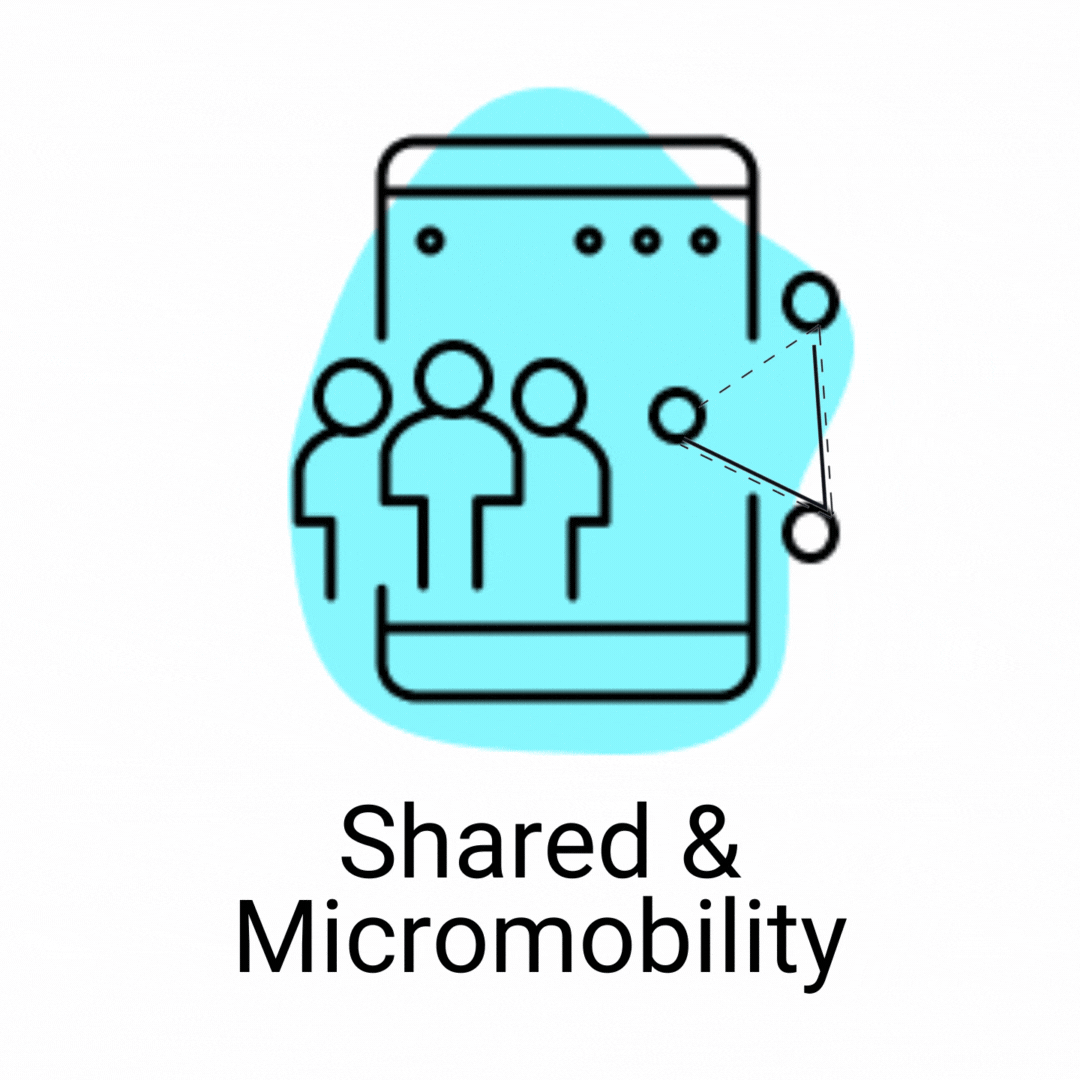This project will develop a mobile app that streamlines the reporting of mis-parked dockless scooters and bikes, relaying data to companies responsible and/or local governments while generating a data set that can support a variety of research questions. The proposed app will allow users to easily collect and report essential data to a company whose bike or scooter is mis-parked. The data reported will include:
- Vehicle location, automatically detected by the user’s phone
- Vehicle ID number (read from a QR code or barcode on the vehicle)
- Type of problem (e.g. blocking ADA access, not upright, outside of designated parking area)
- Optionally, a photo of the vehicle showing the problem
It is suggested that the initial development should happen as a web-app as it will be quicker to deploy since native apps also have to go through a certification process on the respective app stores. Once the UI for the application is finalized, tested and established, a React-Native mobile app may be considered as an option for power-users who would prefer speed and additional features available through login.




